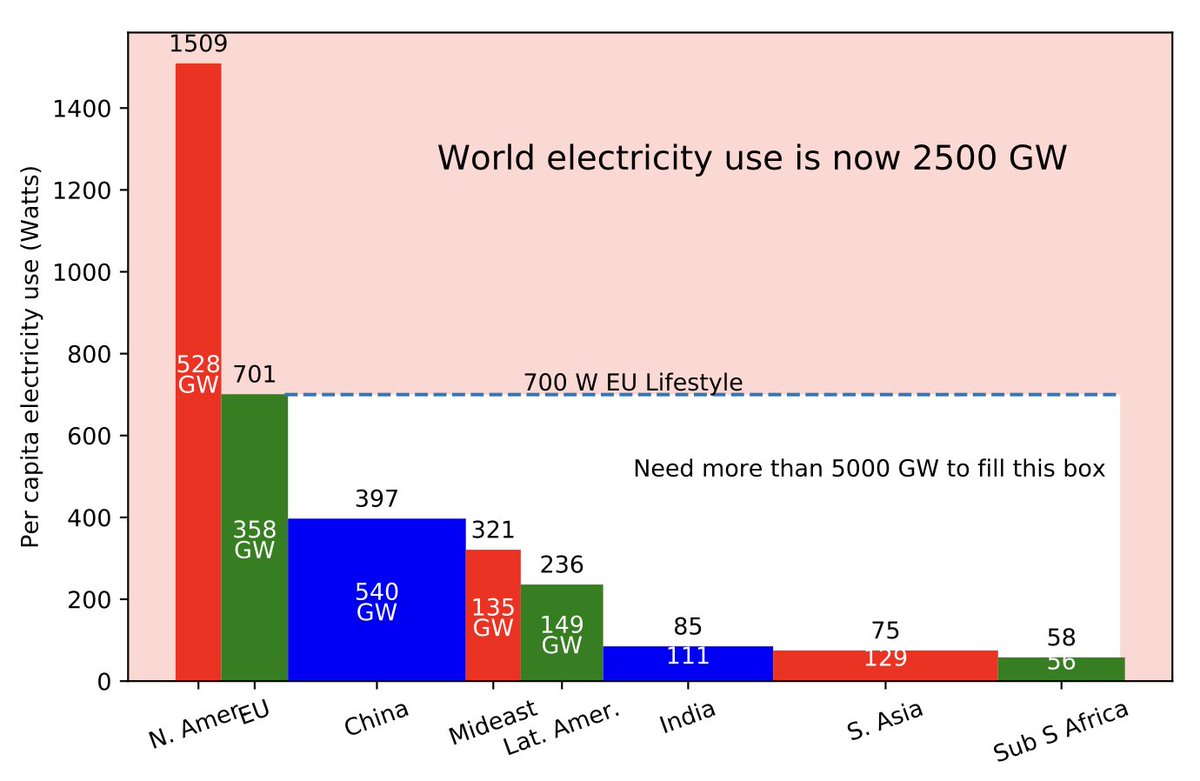
The more I study nuclear technology the more I think that every problem of today's nuclear tech has a potential solution that has already been identified. They just haven't been brought to market, because the market is sclerotic.
Nuclear is slow and expensive? There are faster, cheaper ways to build.
It's dangerous? There are safer designs.
Nuclear plants are bespoke megaprojects? There are small, standardized, modular approaches?
It's dangerous? There are safer designs.
Nuclear plants are bespoke megaprojects? There are small, standardized, modular approaches?
Nuclear can't do load-following? Actually it can (and does in France).
It produces waste? There are designs that burn that “waste”.
Weapons proliferation? There are designs that don't produce weapons-grade material.
It produces waste? There are designs that burn that “waste”.
Weapons proliferation? There are designs that don't produce weapons-grade material.
Nuclear has so many unsolved problems because we're still working with decades-old technology. The fundamental reactor design was created in the 1940s (and was intended for navy subs, not electric power plants).
If vaccines had been treated the same way, we'd still be using Jenner's smallpox vaccine—and nothing else. And we'd have vaccine myths like:
Vaccines can't fight polio or measles!
They're expensive and unhygienic, because they're grown in cows!
They cause pock marks on the arm!
Vaccines can't fight polio or measles!
They're expensive and unhygienic, because they're grown in cows!
They cause pock marks on the arm!
If computers—invented at the same time as nuclear power—had been treated the same, we'd still be using mainframes, and we'd have computer myths like:
They're big & expensive! Only businesses can afford them!
They're extremely power-hungry, because of their vacuum tubes!
Etc.
They're big & expensive! Only businesses can afford them!
They're extremely power-hungry, because of their vacuum tubes!
Etc.
This is why I can't believe it's a good idea to just give up on nuclear R&D, despite all of the real problems that need to be solved. It just seems that the potential is enormous compared to what we've allowed ourselves to tap.
• • •
Missing some Tweet in this thread? You can try to
force a refresh







